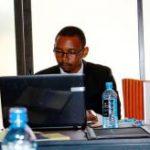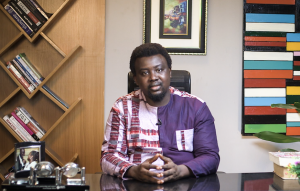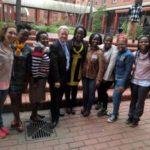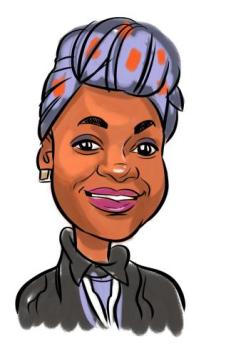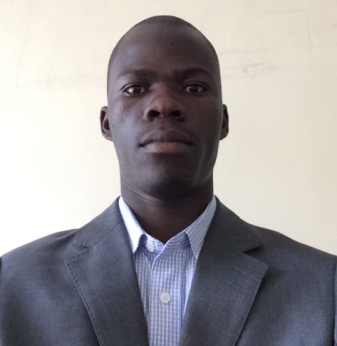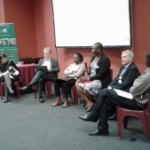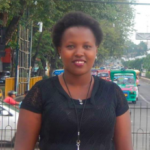The Forum on Internet Freedom in Africa 2017 (FIFAfrica17) brought together human rights defenders, journalists, government officials, private sector players, global information intermediaries, bloggers, developers, the arts community, law enforcers and regulators – all of whom have a role to play in advancing internet freedom in Africa.
As an organisation that has been promoting some of the key principles of the African Declaration on Internet Rights and Freedoms, the… Read more

